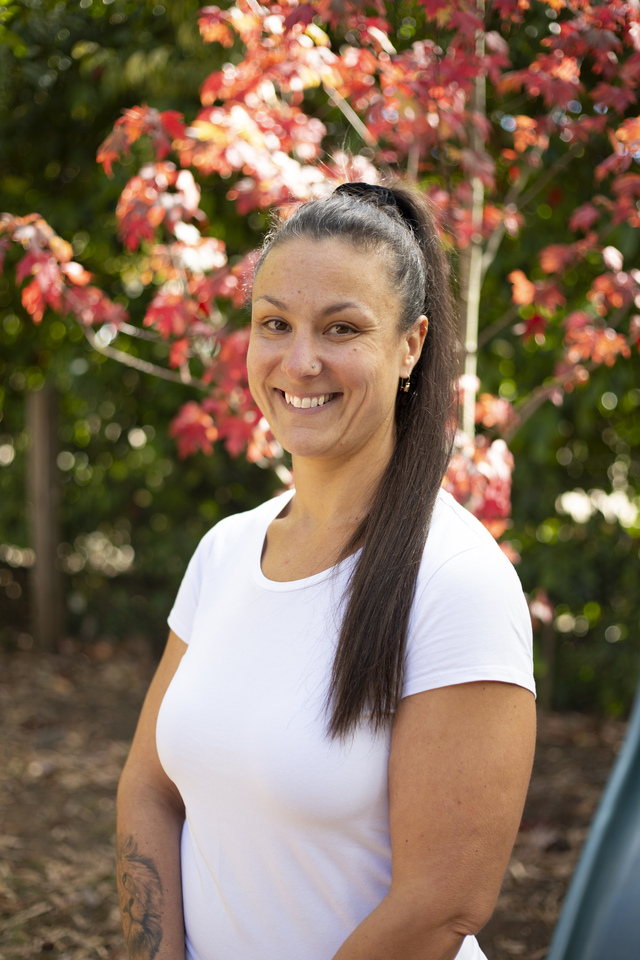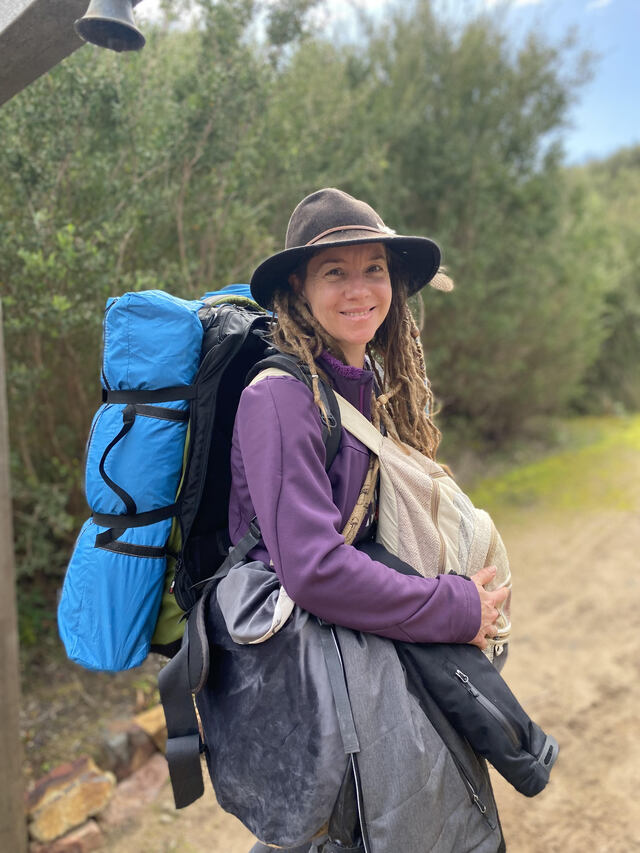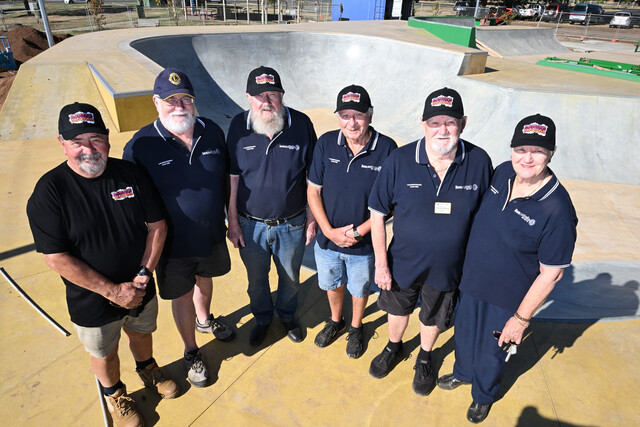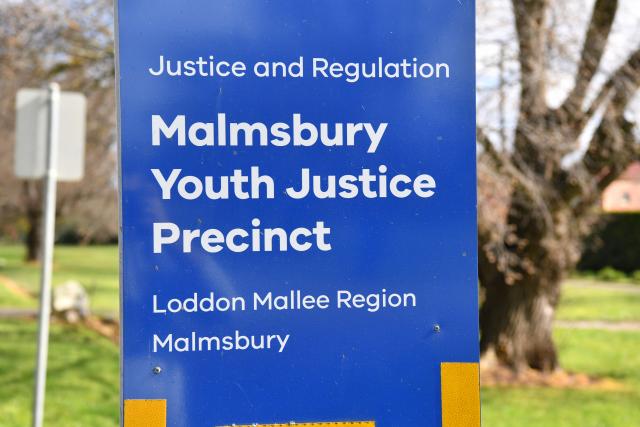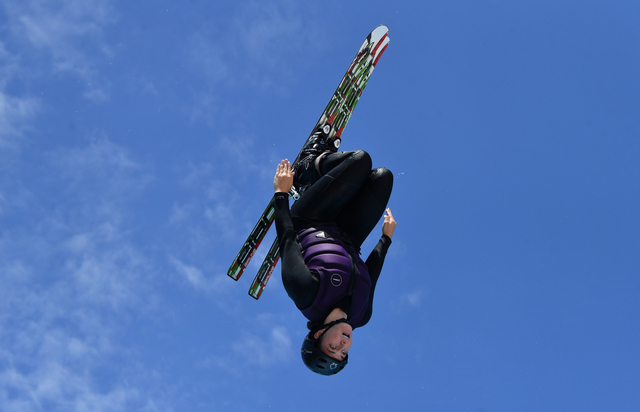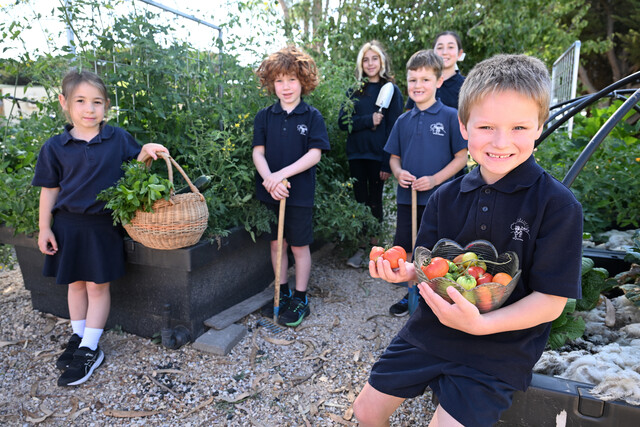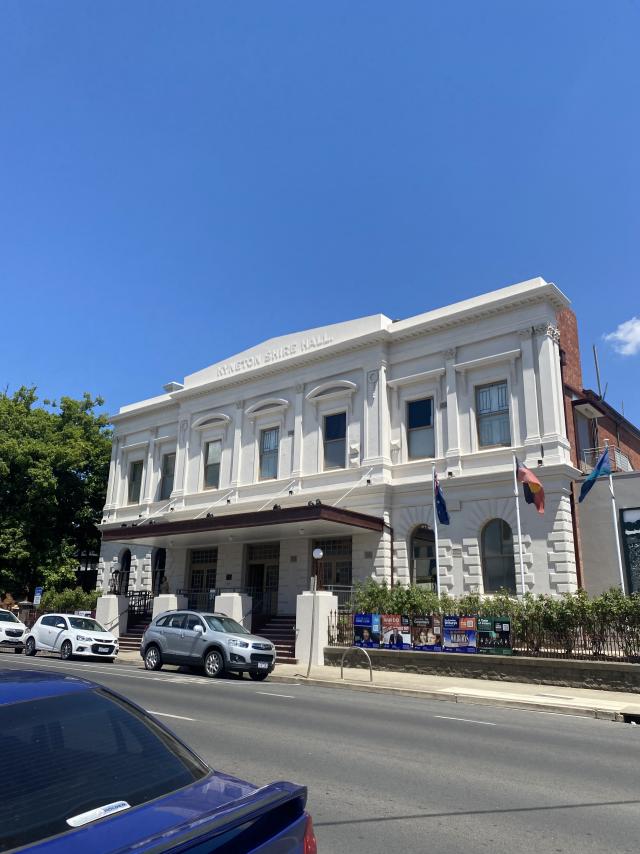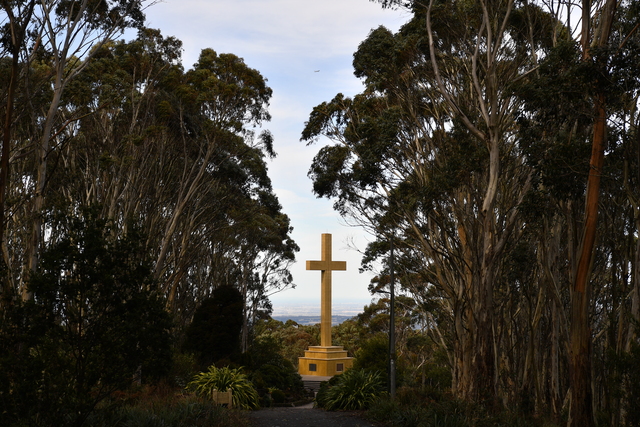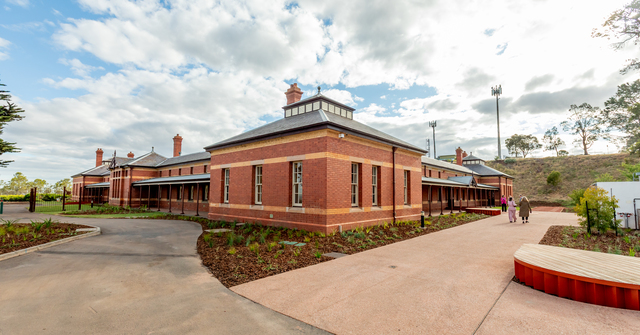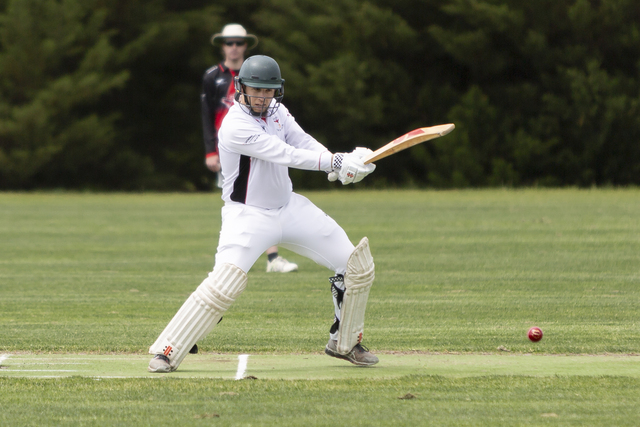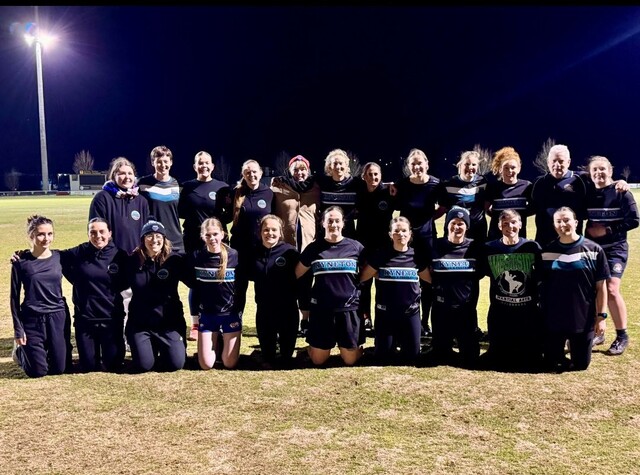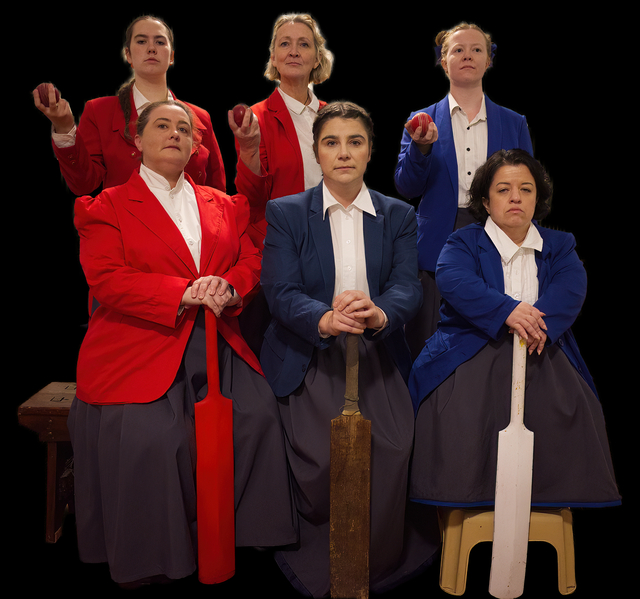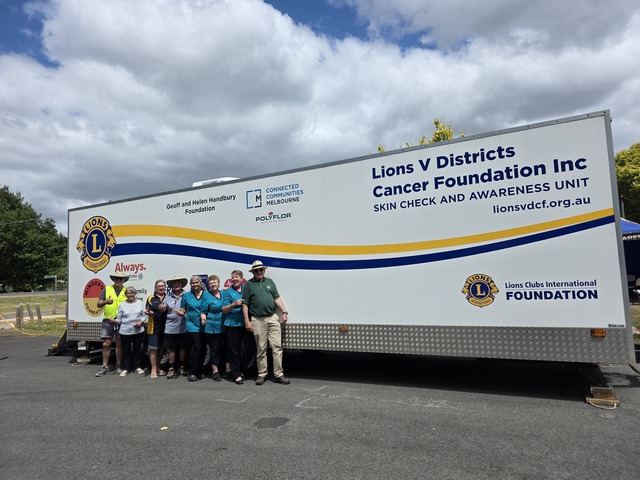One night in July 2020, just a couple hours after feeding her youngest son, Sarah Miles woke up with throbbing needle-like head pain.
The pain subsided about 15 minutes after she swallowed Panadol, then she went back to sleep.
The following morning, she awoke unable to see out of her right eye.
Worried about her condition, her husband Jeremy Miles googled her symptoms and found that she might have had a stroke.
She laughed at him as she was only 33 then.
“I thought stroke was only something that the elderly get,” Ms Miles said.
But that day, during a hospital visit, doctors diagnosed the mother of four with early onset ischaemic stroke.
According to the Heart Research Institute (HRI), stroke is a major cause of death in Australia and can attack anyone at any age.
After the stroke, Ms Miles right-eye vision was impaired.
“I suffered from the fatigue, the brain fog, the loss of words and my train of thought [sometimes] disappeared midway of a conversation, midway sentence,” she said, recalling her other physical conditions then.
During the recovery period, she often felt tired even when doing ordinary tasks.
Like when she chopped up ingredients for dinner, she often had to stop because her arms easily got tired.
Ms Miles was also extra sensitive to bright light and loud sounds.
Eventually, Ms Miles recovered from the effects of the stroke.
“There were a series of challenges to overcome. There was physical recovery…and emotional recovery,” she said.
Now, the vision in her right eye is back.
Since March last year, Ms Miles has played local football, joining Macedon Football Club.
“When you experience something… so huge and significant. You do revisit a lot of your own life and how you want to live it. So football is something I’ve always wanted to play,” she said.
She received the club’s coaches award last year.
Having experienced stroke herself, Ms Miller understands the importance of spreading awareness about the impact of stroke.
“We need to be reminded that just because we’re young doesn’t mean a stroke or heart attack is going to discriminate.”
Ms Miles also supports the need for stroke research by the Heart Research Institute (HRI).
A ground breaking study by the HRI has discovered that a natural chemical in broccoli can prevent and treat blood clots that can lead to stroke.
In pre-clinical trials, this broccoli-derived compound significantly increased the success rate of clot-busting drugs from 20 per cent to 60 per cent without causing bleeding, a common side effect of blood thinners.
The research, led by Dr. Xuyu (Johnny) Liu and PhD student Ivy Guan, suggests this compound could be used as a preventative measure for high-risk individuals and improve treatment outcomes for stroke patients.
The team is now advancing to clinical trials, hoping to develop new medications that could be available within five years.
When asked for some advice she can give to others suffering from stroke, Ms Miles said, “However, it may look to you, reaching out for support from family, friends or even the stroke community is probably something that you need to do. Because you’re not alone.”

